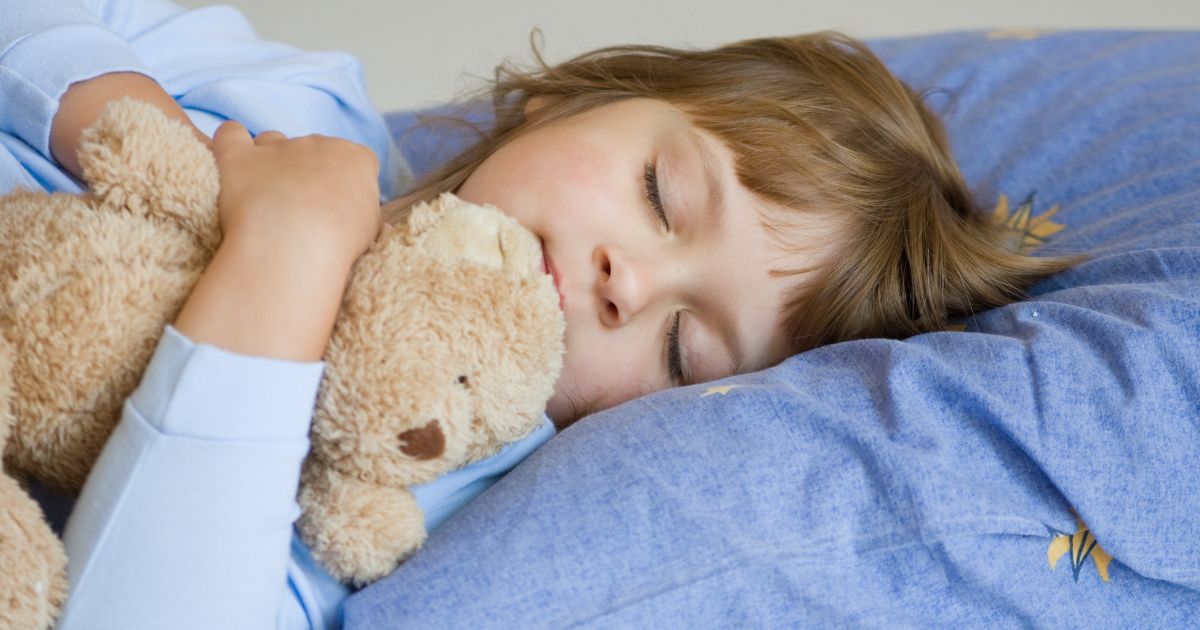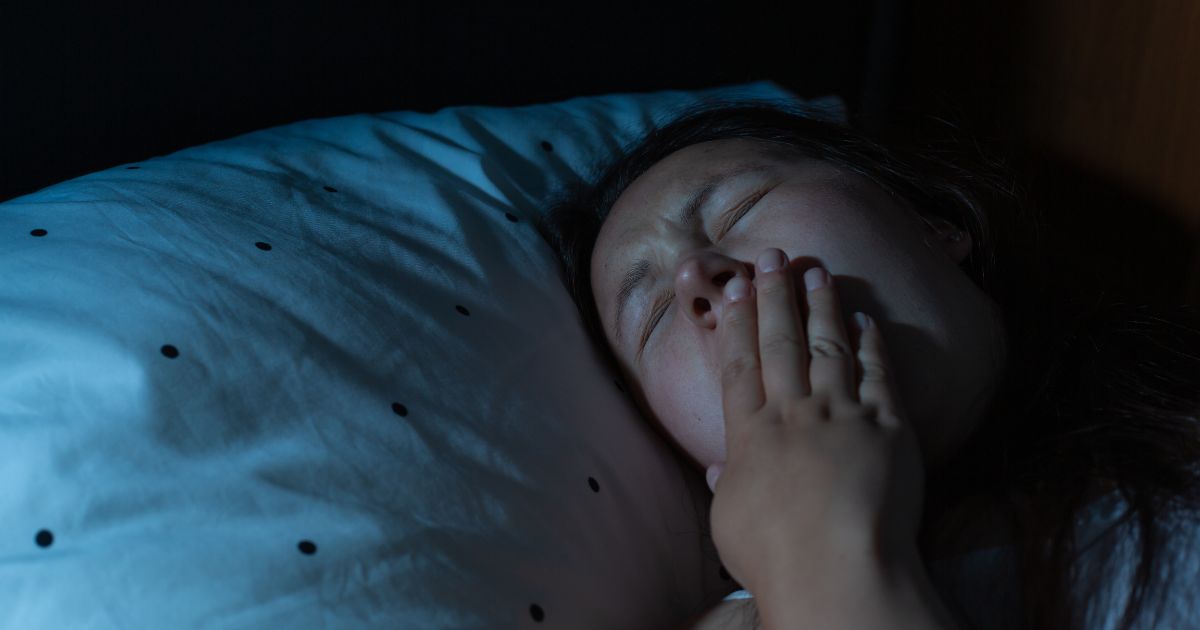Sleep disorders in kids are increasingly recognized as significant issues that can affect their overall health, behavior, and well-being. Understanding the common causes of these disorders is crucial for parents and caregivers to take proactive steps to address and mitigate them effectively. In this blog, we will explore three prevalent causes of sleep disorders in children—irregular sleep schedules, anxiety and stress, and medical conditions—and provide comprehensive insights into how to manage these challenges.
Irregular Sleep Schedules: The Impact on Children
Irregular sleep schedules are a leading cause of sleep disorders in kids. Without a consistent bedtime routine, children often struggle to fall and stay asleep. The effects of irregular sleep schedules extend beyond just bedtime resistance and include broader implications for a child’s overall health and daily functioning.
The Body’s Internal Clock
The body’s internal clock, or circadian rhythm, plays a critical role in regulating sleep-wake cycles. When this rhythm is disrupted due to irregular sleep schedules, it becomes challenging for kids to get the restorative sleep they need. This misalignment can lead to various sleep problems, such as difficulty falling asleep, frequent awakenings during the night, and early morning wakefulness.

Establishing a Consistent Bedtime Routine
To combat irregular sleep schedules, it is essential to establish a consistent bedtime routine. A predictable routine helps signal to the child’s body that it is time to wind down and prepare for sleep. Effective bedtime routines can include calming activities such as:
- Reading a Book: A quiet and engaging activity that can help relax the mind.
- Taking a Warm Bath: The warmth can soothe muscles and promote relaxation.
- Listening to Soft Music: Gentle melodies can create a peaceful atmosphere conducive to sleep.
Consistency is crucial. Children should go to bed and wake up at the same time every day, including weekends. This regularity helps reinforce the body’s internal clock, making it easier for children to fall asleep and wake up naturally.
The Role of Parents
Parents play a pivotal role in enforcing these routines. By modeling good sleep habits and creating a conducive sleep environment, parents can help their children understand the importance of a regular sleep schedule. Ensuring the bedroom is quiet, dark, and cool can significantly enhance sleep quality.
Anxiety and Stress: Hidden Culprits of Sleep Disorders
Anxiety and stress are significant contributors to sleep disorders in kids. Children, like adults, can experience stress from various sources such as school pressures, social issues, or family dynamics. Understanding how anxiety affects sleep and implementing strategies to manage stress is essential for improving sleep quality in children.
How Anxiety Affects Sleep
Anxiety can make it difficult for children to relax and fall asleep, often leading to prolonged periods of wakefulness or restless sleep. The presence of stress hormones in the body can interfere with the ability to achieve deep, restorative sleep. This ongoing stress can severely impact their overall sleep quality and daytime functioning.
Identifying the Signs of Anxiety
Parents should be vigilant in identifying signs of anxiety and stress in their children. Common indicators include:
- Excessive Worry: Persistent worrying about various aspects of life, including school, friendships, and family matters.
- Irritability: Increased sensitivity and irritability can be a sign of underlying stress.
- Changes in Appetite: Anxiety can cause changes in eating habits, such as loss of appetite or overeating.
- Difficulty Concentrating: Stress can affect a child’s ability to focus and perform well in school.
Addressing these symptoms promptly is crucial to improving sleep quality and overall well-being.

Techniques to Alleviate Anxiety
Several techniques can help alleviate anxiety in children, thereby improving their sleep quality. Effective methods include:
- Mindfulness: Practices such as meditation and mindful breathing can help children focus on the present moment and reduce stress.
- Deep Breathing Exercises: Slow, deep breaths can help calm the nervous system and reduce anxiety.
- Progressive Muscle Relaxation: This technique involves tensing and then relaxing different muscle groups to release physical tension.
Creating a calming bedtime environment free from electronic devices and excessive noise can also help reduce anxiety levels. Encouraging a screen-free hour before bed can prevent the stimulating effects of blue light from electronic devices, which can interfere with the production of melatonin, a hormone that regulates sleep.
Medical Conditions: Understanding the Health Impact
Certain medical conditions can also contribute to sleep disorders in kids. Conditions such as sleep apnea, restless legs syndrome, and allergies can significantly impact a child’s ability to get restful sleep. Understanding these conditions and seeking appropriate treatment is essential for managing sleep disorders effectively.
Sleep Apnea
Sleep apnea is characterized by interrupted breathing during sleep. Symptoms include loud snoring, gasping for air during sleep, and excessive daytime sleepiness. This condition can lead to fragmented sleep and decreased oxygen levels in the body, affecting a child’s overall health and cognitive functioning.
Seeking Medical Advice
If sleep apnea is suspected, it is essential to seek medical advice for proper diagnosis and treatment. Treatment options may include lifestyle changes, such as weight management and positional therapy, as well as medical interventions like Continuous Positive Airway Pressure (CPAP) therapy.
Restless Legs Syndrome (RLS)
Restless legs syndrome (RLS) is a neurological disorder that causes an uncontrollable urge to move the legs, especially during periods of rest or inactivity. Children with RLS often experience discomfort in their legs, which can make it difficult to fall and stay asleep.
Managing RLS
Management of RLS can include lifestyle changes, such as increasing physical activity and ensuring a balanced diet rich in iron and other essential nutrients. In some cases, medications may be prescribed to alleviate symptoms.
Allergies
Allergies can cause nasal congestion and breathing difficulties, leading to poor sleep quality. Common allergens such as dust mites, pet dander, and pollen can significantly disrupt a child’s sleep.
Identifying and Managing Allergies
Identifying and managing allergies through appropriate medications or environmental changes can significantly improve a child’s sleep. Keeping the sleeping environment clean, using allergen-proof mattress and pillow covers, and maintaining good air quality can help reduce allergy symptoms.
Conclusion
Addressing sleep disorders in kids is a complex task that demands a comprehensive approach. By recognizing the common causes—irregular sleep schedules, anxiety and stress, and medical conditions—parents and caregivers can take proactive measures to enhance their children’s sleep quality. Jacksonville Sleep Center is committed to supporting you throughout this journey, providing expert guidance and tailored solutions to help your child sleep better.

Ready to Improve Your Child’s Sleep?
At Jacksonville Sleep Center, we understand the difficulties that sleep disorders in kids can bring. Our dedicated team of sleep specialists is here to offer personalized care and effective strategies to improve your child’s sleep. If you’re worried about sleep disorders affecting your child, don’t wait to take action. For tailored advice and support, contact Jacksonville Sleep Center today.






